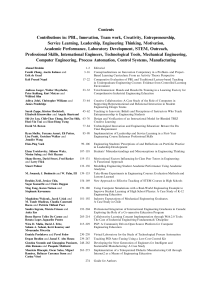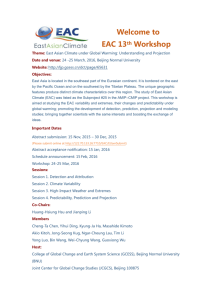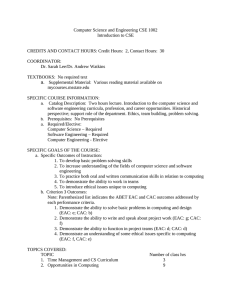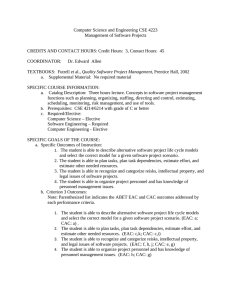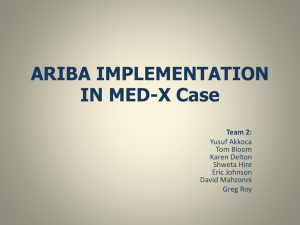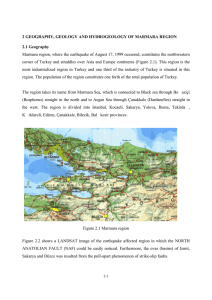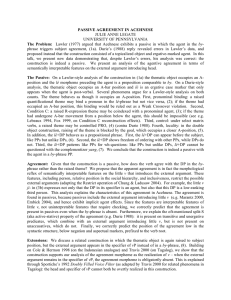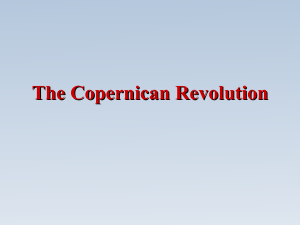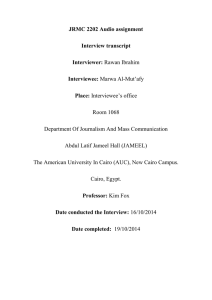Proceedings of International Business and Social Sciences and Research Conference
advertisement
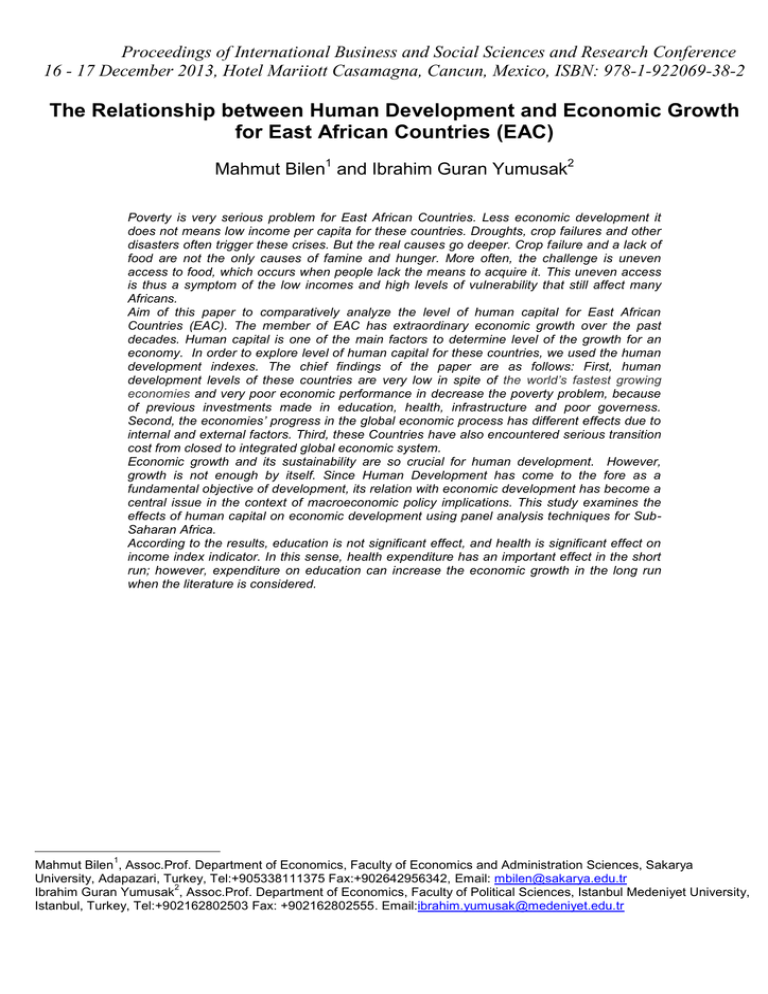
Proceedings of International Business and Social Sciences and Research Conference 16 - 17 December 2013, Hotel Mariiott Casamagna, Cancun, Mexico, ISBN: 978-1-922069-38-2 The Relationship between Human Development and Economic Growth for East African Countries (EAC) Mahmut Bilen1 and Ibrahim Guran Yumusak2 Poverty is very serious problem for East African Countries. Less economic development it does not means low income per capita for these countries. Droughts, crop failures and other disasters often trigger these crises. But the real causes go deeper. Crop failure and a lack of food are not the only causes of famine and hunger. More often, the challenge is uneven access to food, which occurs when people lack the means to acquire it. This uneven access is thus a symptom of the low incomes and high levels of vulnerability that still affect many Africans. Aim of this paper to comparatively analyze the level of human capital for East African Countries (EAC). The member of EAC has extraordinary economic growth over the past decades. Human capital is one of the main factors to determine level of the growth for an economy. In order to explore level of human capital for these countries, we used the human development indexes. The chief findings of the paper are as follows: First, human development levels of these countries are very low in spite of the world’s fastest growing economies and very poor economic performance in decrease the poverty problem, because of previous investments made in education, health, infrastructure and poor governess. Second, the economies’ progress in the global economic process has different effects due to internal and external factors. Third, these Countries have also encountered serious transition cost from closed to integrated global economic system. Economic growth and its sustainability are so crucial for human development. However, growth is not enough by itself. Since Human Development has come to the fore as a fundamental objective of development, its relation with economic development has become a central issue in the context of macroeconomic policy implications. This study examines the effects of human capital on economic development using panel analysis techniques for SubSaharan Africa. According to the results, education is not significant effect, and health is significant effect on income index indicator. In this sense, health expenditure has an important effect in the short run; however, expenditure on education can increase the economic growth in the long run when the literature is considered. 1 Mahmut Bilen , Assoc.Prof. Department of Economics, Faculty of Economics and Administration Sciences, Sakarya University, Adapazari, Turkey, Tel:+905338111375 Fax:+902642956342, Email: mbilen@sakarya.edu.tr 2 Ibrahim Guran Yumusak , Assoc.Prof. Department of Economics, Faculty of Political Sciences, Istanbul Medeniyet University, Istanbul, Turkey, Tel:+902162802503 Fax: +902162802555. Email:ibrahim.yumusak@medeniyet.edu.tr
